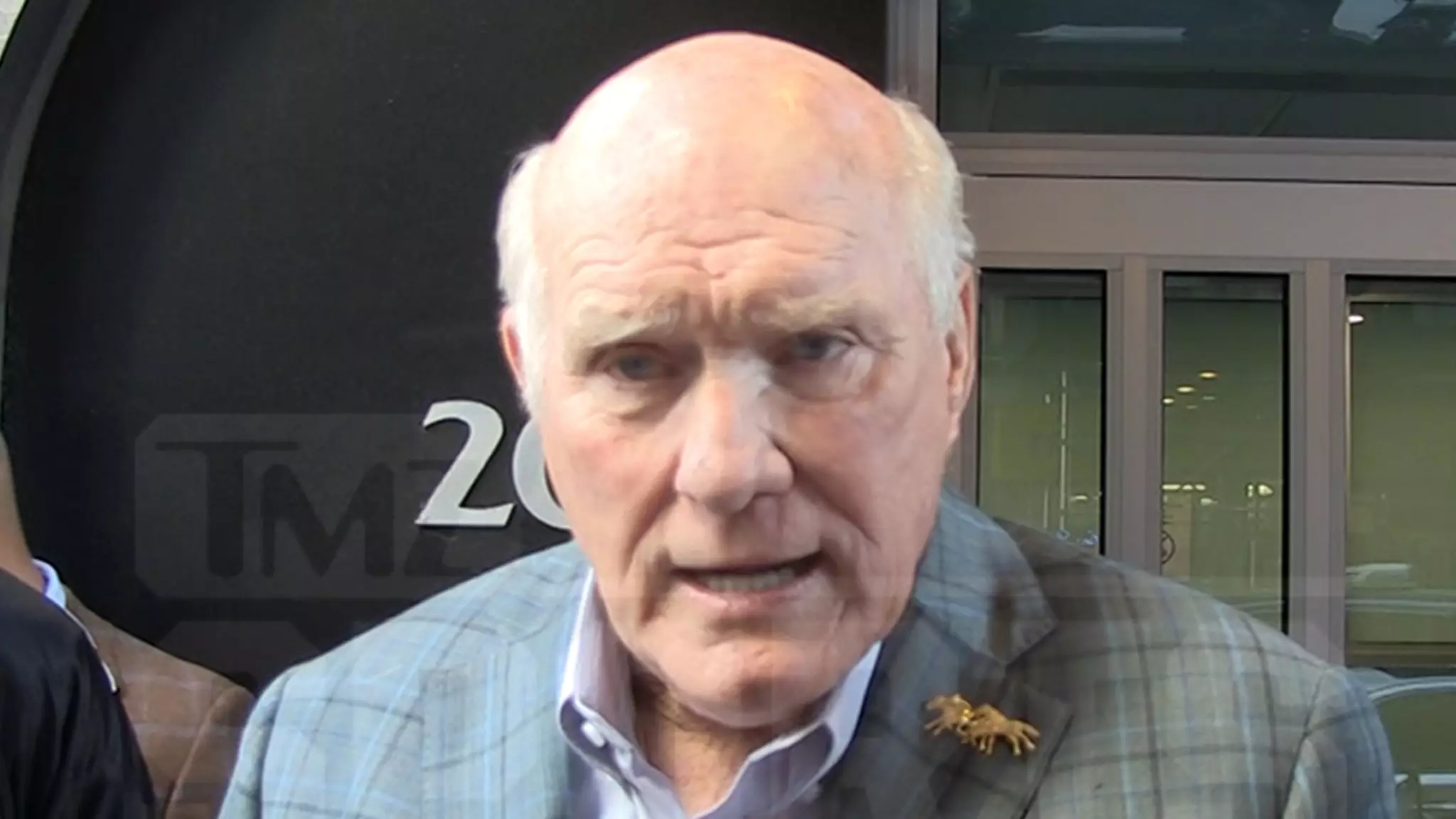In the ever-evolving landscape of the NFL, few opinions carry as much weight as that of Hall of Famer Terry Bradshaw. His recent remarks regarding the Pittsburgh Steelers’ quarterback situation have ignited a lively debate among fans and analysts alike. Bradshaw is firmly in the corner of current quarterback Justin Fields, asserting that if he were making the decisions, Wilson would not be the one under center for the Steelers. His endorsement of Fields comes amid speculation that the Steelers organization is considering a switch to Russell Wilson, a challenging situation that has ramifications for the team’s future.
Bradshaw’s confidence in Fields stems from the young player’s performance so far this season. With the Steelers tied for first place in the AFC North with a record of 4-2, questions about the starting position arise. Despite some inconsistencies, Bradshaw believes Fields has demonstrated enough potential to warrant continued starting opportunities. He remarked, “I think he’s played really good,” pointing to Fields’ athleticism and ability to throw the football as crucial attributes that make him a fit for the current Steelers roster.
However, this raises an intriguing question: what constitutes “good enough” in the high-stakes environment of the NFL? While Bradshaw sees promise in Fields, the quarterback himself expresses a contrasting opinion. Fields has publicly stated a lack of satisfaction with his performances, suggesting that if he were performing at an optimal level, discussions about the starting position would be unnecessary. This candid self-assessment illustrates the internal pressure young quarterbacks face, balancing personal growth with the team’s demands and expectations.
Russell Wilson’s arrival in Pittsburgh signified a shift in strategic vision for the franchise. Initially brought in as a potential starter, Wilson experienced setbacks due to injuries, which altered the dynamics of the quarterback competition. Now, with signs indicating a possible return to starting duties, the Steelers’ management and coaching staff find themselves at a crossroads. Head coach Mike Tomlin’s reported inclination toward Wilson suggests that the franchise is placing considerable stakes on a seasoned veteran over a developing talent, a decision that could have both immediate and long-term consequences.
As they prepare for a crucial matchup against the New York Jets, the Steelers are facing a pivotal moment. With Aaron Rodgers on the opposing sideline, the pressure to perform intensifies. Coach Tomlin’s decisions moving forward will not only affect the game’s outcome but also set the tone for the franchise’s future direction. The juxtaposition of Fields’ potential against Wilson’s experience makes the quarterback narrative in Pittsburgh one of the most compelling storylines in the NFL today.
As the season progresses, the Steelers’ choice of quarterback will undoubtedly influence the team’s trajectory. Bradshaw’s support of Fields presents a case for betting on youth and potential, while the organization leans towards experience in Wilson. The decisions made in the coming weeks may shape the future of the Steelers, highlighting the delicate balance between risk and reward in the pursuit of success on the gridiron. The ongoing dialogue around these quarterbacks reflects broader themes in professional sports: how organizations evaluate talent, the impact of leadership decisions, and the relentless pursuit of excellence amidst scrutiny and pressure.

